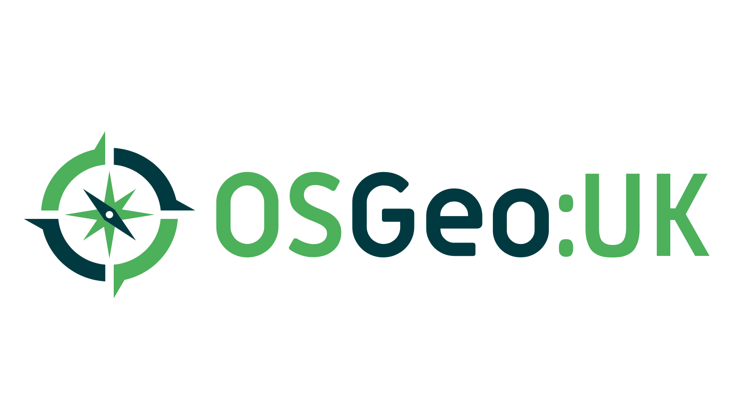Our members have an extensive knowledge of the use of GIS in applied studies in addition to a wide expertise in teaching with and researching open source and proprietary GIS packages. Staff within the Centre have published over 100 papers in peer reviewed journals.
A key collaborative focus has been the ESRC/HEFCW-funded Wales Institute of Social and Economic Research, Data and Methods, established to promote cross-institutional and multi-disciplinary research in the social sciences across the UK and internationally. WISERD has successfully attracted research projects whose funding totals some £4.15 million. These research projects have generated significant new data on and analysis of Welsh economy and society and have contributed substantially to wider theoretical debates and methodological development
Developing open source tools and support materials to measure geographical accessibility to screening and cancer support services – This research addresses usability issues surrounding the development of open source tools and their application in a number of different policy scenarios. Applied to data concerning the provision of static and mobile cancer services in Wales, these tools are used to test the suitability of alternative locations for the provision of such services in relation to the potential demand for cancer services.
Spatial data usability – The research examines the factors that impact on the appropriateness and suitability of spatially referenced data for a range of typical GIS-based tasks. As more data becomes available through automatic data collection processes (often in real-time), via data exchange and integration and through crowd sourced initiatives, there is a real need to test these data types in applied scenarios and to build on well recognised themes such as data completeness, compatibility and consistency in a range of application areas. This PhD-based study will build on previous research in the areas of software usability and meta-data construction to identify those factors that influence the choice of data for a particular task, the quality of performance of chosen data in GIS-based analysis and, where applicable, will make recommendations that could improve the performance and usability of specific data sets.
Spatial processing on the web using open standards and open source software – This project has produced a detailed specification for a generic web-based GIS client application able to access data and processes provided by standard geospatial services. This specification has then been used to develop a prototype browser-based GIS application based on existing open-source software. The prototype, named SmartWPS, is able to integrate data from standard sources such as Web Feature Services (WFS), Web Coverage Services (WCS) and Web Map Services (WMS) and process this data using remote Web Processing Services. As such, the prototype application represents a first step towards a cloud-based GIS application
Developing digital maps to aid disaster preparedness in East Africa – This project considers ways of mapping East Africa, with special focus on the Mbale region of Uganda. At the beginning of the study the region was poorly mapped. Mainly as a result of climate change and population growth, Mbale is prone to flooding and landslides. Improving the region’s mapping infrastructure is a key component of disaster preparedness. This project is evaluating differing approaches to mapping areas in developing countries like Uganda. Encouraging local people to map the Mbale region has proved problematic. The project has been looking at various models for technology adoption and diffusion, and considering which is most appropriate for modelling the problems that need to be overcome in order to encourage mapping in developing countries, with a special focus on East Africa. Among the models under consideration is the Unified Theory of Acceptance and Use of Technology (UTAUT)





